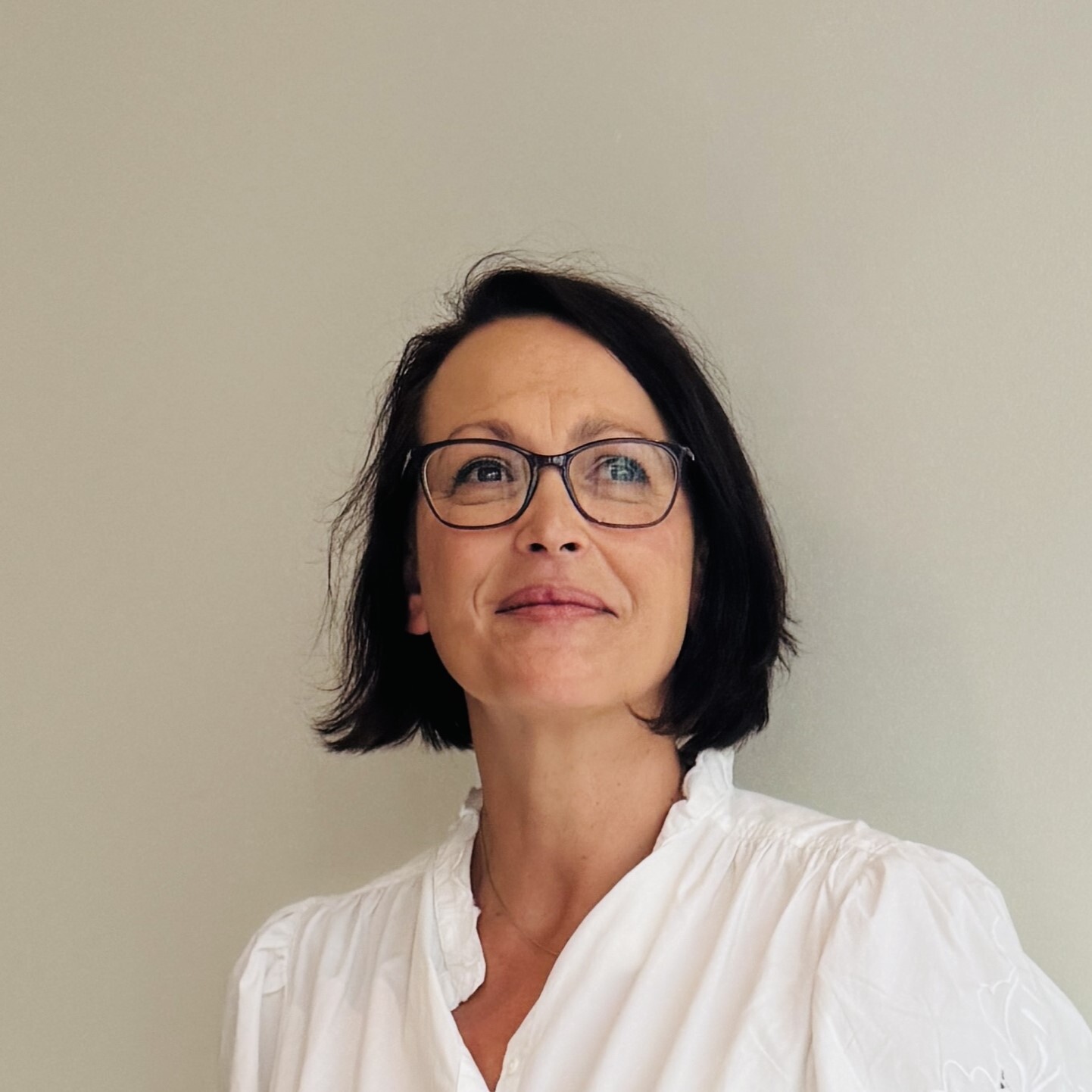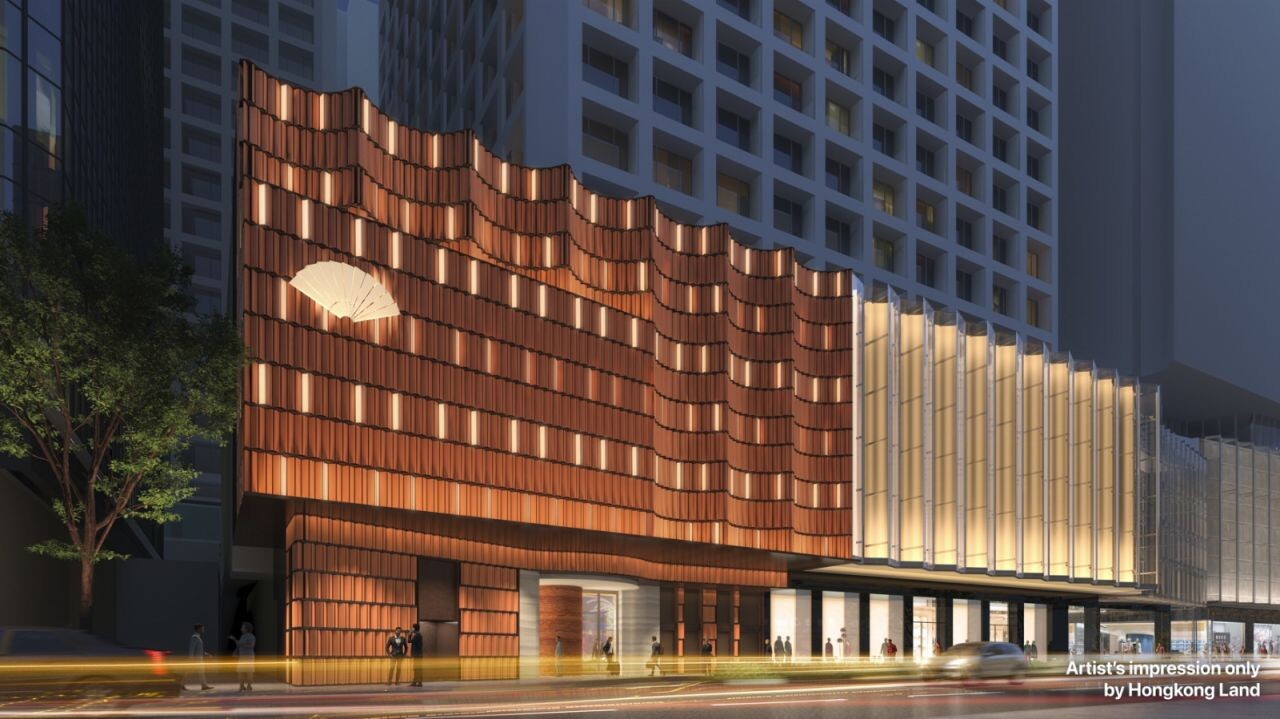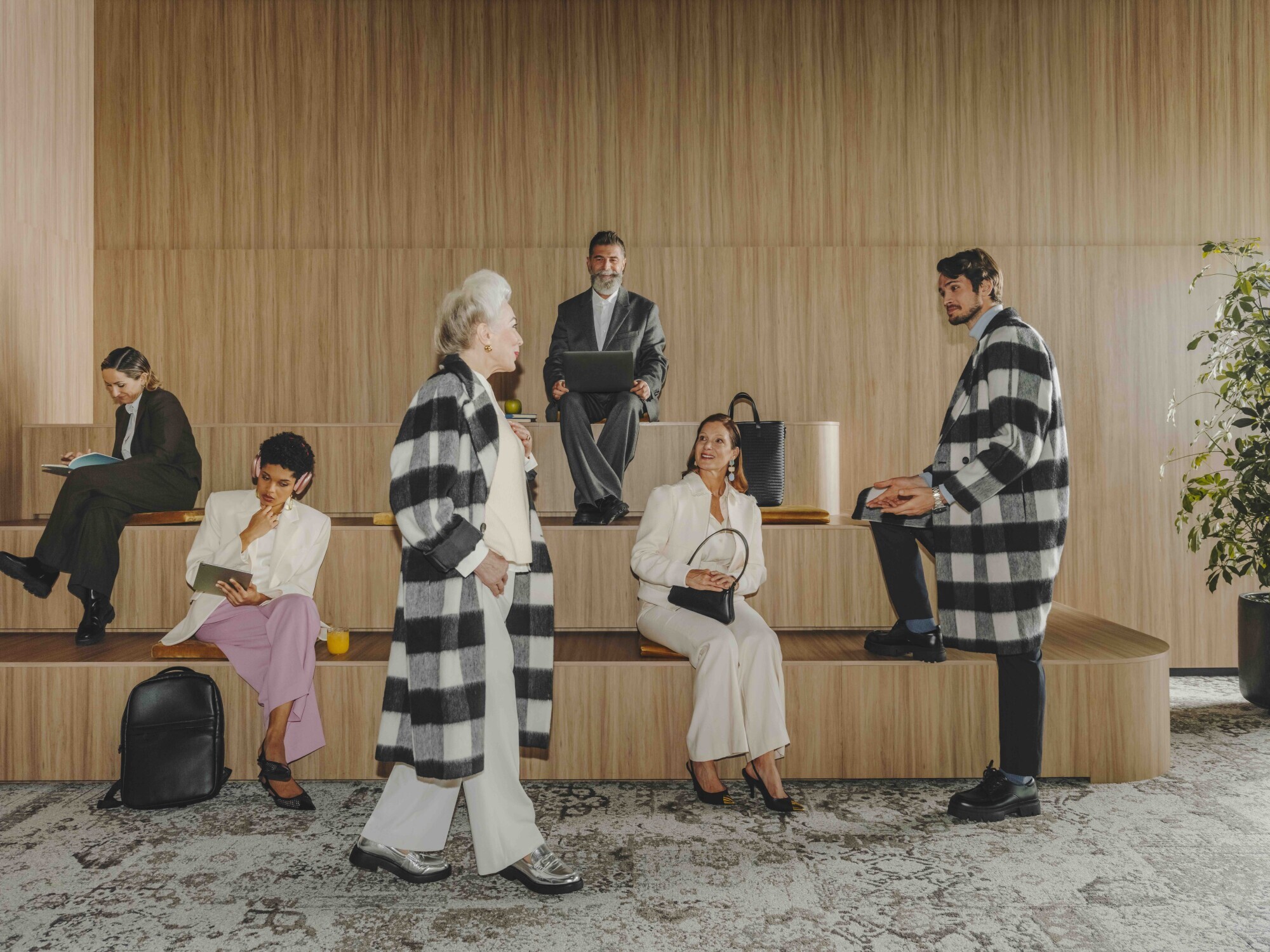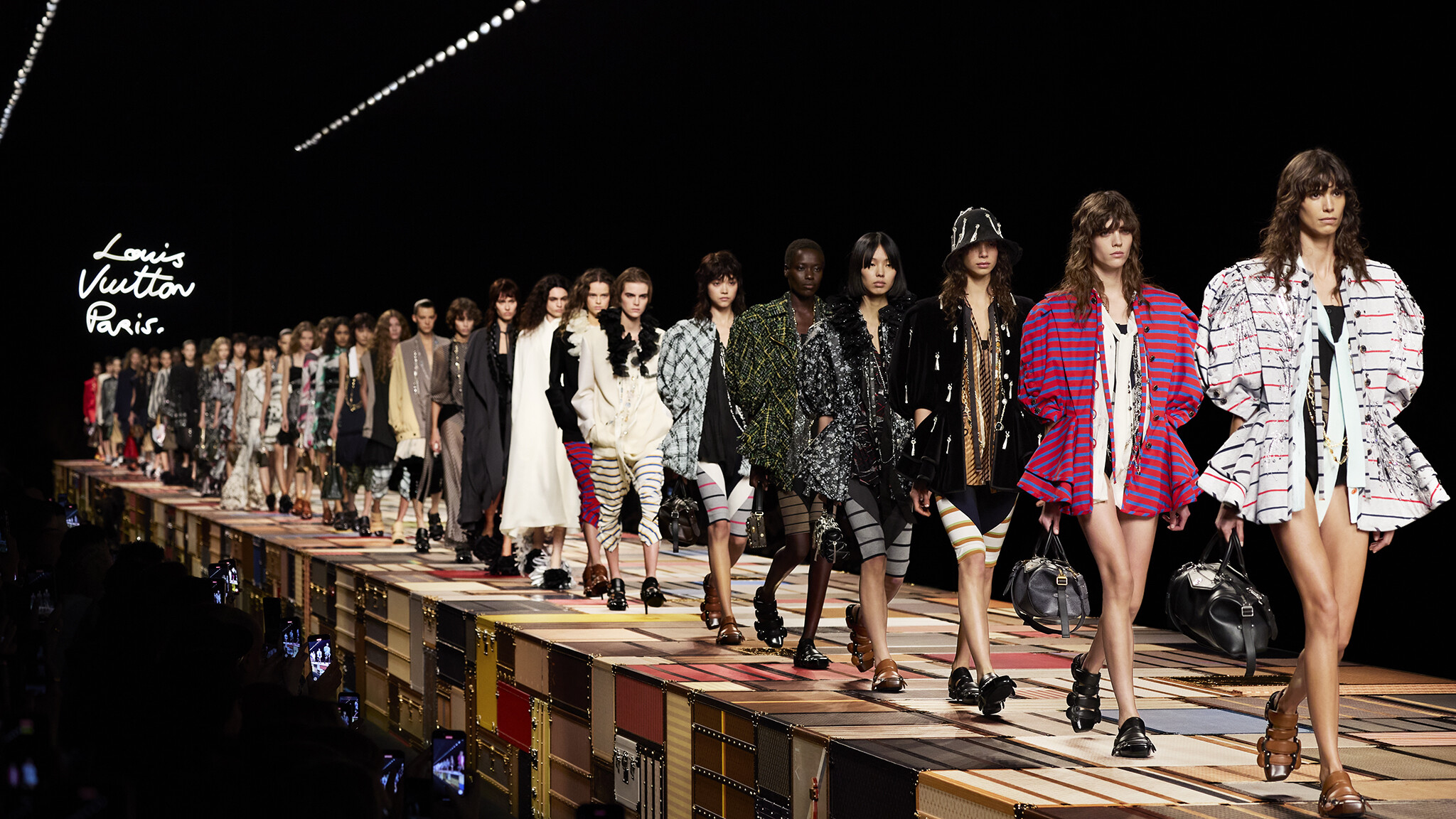Starting from retail and quickly falling in love with people development, Ros’s journey has been driven by a passion for coaching, trust, and transparency. Now a globally recognized strategic HR leader with deep roots in frontline experience, including her influential work at Jimmy Choo, she has shaped cultures that nurture resilience, empathy, and clarity in ever-evolving workplaces.
In this insightful conversation, Ros shares her reflections on the evolving role of care and wellbeing in leadership, the importance of creating safe spaces for authentic connection, and why empathy paired with clarity is the cornerstone for the next generation of HR professionals.
You’ve spent your entire career turning organizations into ecosystems, where talent can breathe, grow, and contribute. What inspired your path into Human Resources, and how did that vision shape your approach to people management?
I started out in Retail many years ago, I was offered an opportunity to take a secondment into the Personnel team for 6 months…. after a few months I fell in love with the profession, I got a real buzz from coaching individuals and teams, helping them overcome barriers and sometimes self-belief. I was curious on how to enable our individuals / teams to bring their best selves to work and I wanted to be part shaping that experience. My approach to people management has always been built on trust, transparency and partnership, this has been my approach for the past 25+ years.
You’ve evolved from hands-on consultancy to global strategic leadership, always staying close to the field. What part of the profession has remained untouched by time and trends, something you still protect at the core of your practice?
Many parts of the profession have had its shifts over the years, however the core of the principles of people wanting to be seen, heard and valued still remains and this is something I continue to advocate. Tools, systems, policies and trends evolve over time, however the impact as HR professionals is still ingrained in those moments where someone feels understood, empowered and a sense of belonging.
You’ve led HR through digital transformation, post-pandemic resets, and shifting generational values. What have these transitions taught you about the evolving meaning of care in leadership, and what does “employee wellbeing” truly mean in a world that never stops?
These moments have taught me that genuine care and empathy in leadership has evolved from being a soft skill to being a strategic imperative.
Here's what I've learned:
- Care is no longer passive; it’s proactive.
Post-pandemic, employees expect their leaders to anticipate needs, not just react to them. That means embedding employee wellbeing initiatives and resources, flexible work structures, and inclusive policies into the fabric of the employee experience. - Wellbeing is holistic and deeply personal.
It's not just about physical health or burnout prevention anymore. It’s about psychological safety, meaningful work, a sense of belonging, and a sense of purpose. What “wellbeing” looks like varies across generations and cultures, so one-size-fits-all solutions no longer work. So, creating safe spaces for employees to be heard is more important than ever. - Trust
Digital transformation and hybrid models have made transparency and consistency non-negotiable. Leaders show care by communicating clearly, setting boundaries, and respecting others. Without trust, even the best wellness initiatives fall flat. - Employee Wellbeing
It’s not about getting through the working week —it’s being able to thrive inside and outside of work. In a world that never stops, employee wellbeing means creating systems that allow people to pause, rest and reset, being ok with saying I am not ok today! The world of work is more blended than ever before, so businesses need to enable their workforce to work with more flexibility, measure the output not the hours—without having to sacrifice one part of their life for another.
Leadership today isn't about being available 24/7. It's about building a culture where people don’t have to choose between performance and being well. That’s the future of sustainable, human-centered work
Why I protect it:
Titles, tools, and trends come and go, but the impact we make as HR leaders is still rooted in the moments where someone feels genuinely understood, advocated for, and empowered.
It’s easy to get swept up in metrics, platforms, and strategy decks, but none of it matters if we lose the human connection behind the work.
In your career, you’ve built strong retention, supported leadership pipelines, and cultivated resilience across teams. If you had to pass down just one principle to the next generation of HR leaders, what would it be and why does it matter now more than ever?
If I had to pass down just one principle to the next generation of HR leaders, it would be:
"Lead with empathy, act with clarity."
In today's world of constant change whether it's hybrid work, AI integration, generational shifts, or global uncertainty empathy is the anchor that keeps organizations human. But empathy without clarity becomes sentiment without structure. Clarity of expectations, communication, values, and decisions creates the stability and psychological trust people crave in uncertain times.
Empathy creates connection. Clarity builds trust. Together, they shape cultures that thrive even when the ground shifts beneath them.
Finally, if your impact was no longer measured in metrics or milestones but in the quiet traces left behind, what do you hope people will say they learned from working with you?
- How to believe in ourselves - not by giving the right answers but by asking the right Qs
- Creating a space to feel safe and stretched with high standards but genuine care.
- You connect people to purpose (both theirs and the company's), and without metrics or milestones, purpose still offers a guiding principle.
- Leadership doesn't have to be loud or red energy to be powerful. Rather, the impact of silence, calmness, and being quietly transformative....
And to finish on a personal note, if you were...
- A pair of shoes
I’d be a pair of classic Platform Sandals/ Shoes: Chic and comfortable. Simple, easy to style with a pair of classic trousers or jeans
They reflect how I approach my work: adaptable, approachable, and rooted in consistency, even when things get unpredictable.
- A fabric
« Cotton is my fabric »
It’s the go-to for dress shirts because it holds its structure without being stiff. That’s how I like to work: neat, dependable, and always presentation ready.
- A book
« The Art of Possibility” by Rosamund Stone Zander and Benjamin Zander
One powerful idea is the concept of "giving everyone an A" treating people as if they've already succeeded to help unlock their potential.
It helped build environments where people feel empowered and trusted to do their best work.
- A song to hype up the mood of everyone in the office
« Happy by Pharell Williams »
It’s fun, upbeat, and immediately puts people in a good mood. We play it when we're getting close to a big deadline or just need to shake off a slow morning. It’s joyful and instantly elevates your mood.





